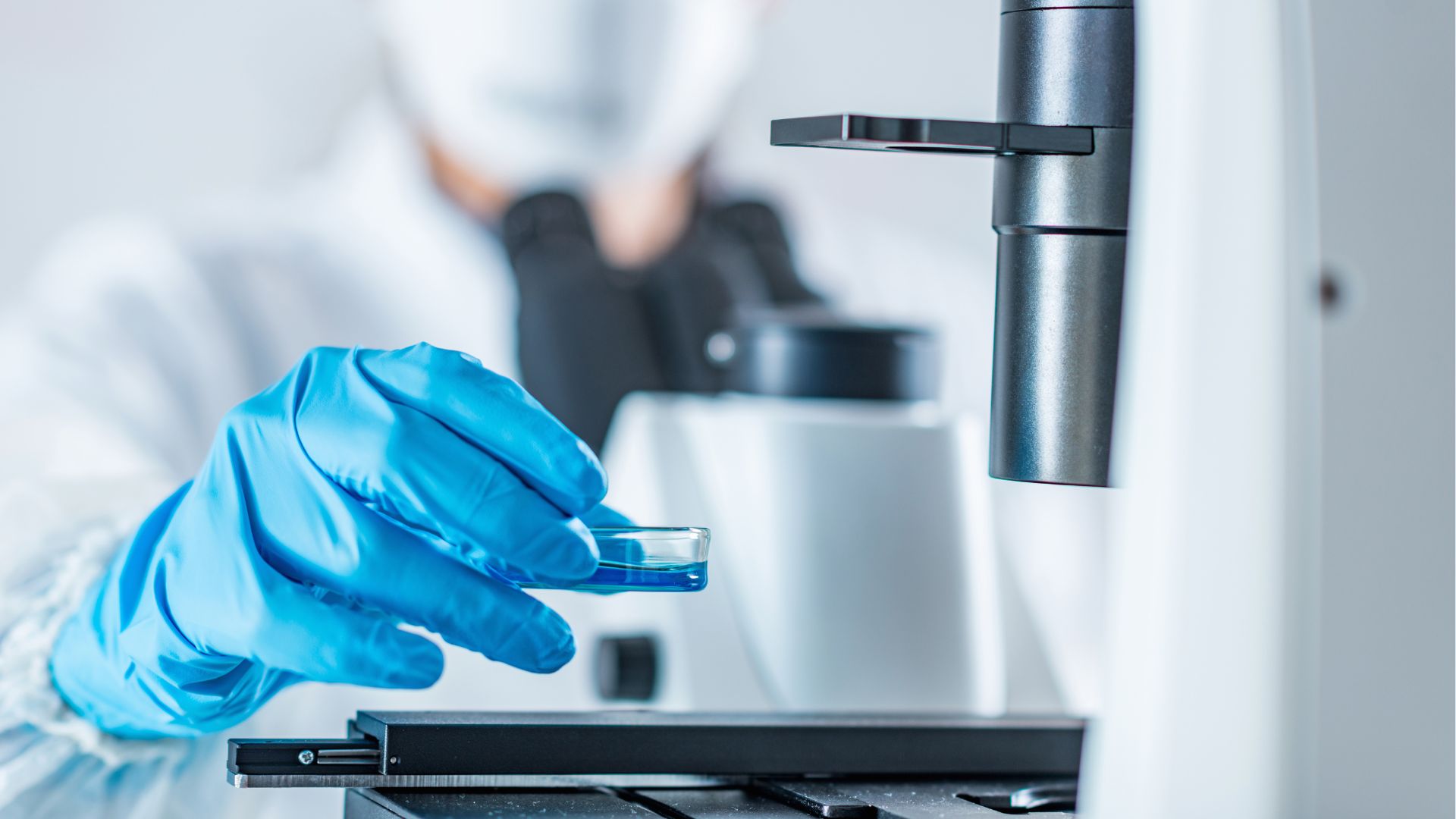Interview with a Pioneer: Insights on the Future of Biotech from an Industry Leader

Biotechnology is evolving at an unprecedented pace, with groundbreaking innovations reshaping industries from agriculture to materials science. To gain insight into the future of this dynamic field, we spoke with Dr. Emily Carter, a renowned biotech entrepreneur and researcher specializing in synthetic biology and bioengineering. With over two decades of experience, Dr. Carter has been at the forefront of developing bio-based materials and sustainable alternatives to traditional manufacturing processes. In this interview, she shares her perspectives on the current state of biotechnology, the challenges it faces, and where she sees the industry heading in the next decade.

Q: How do you think biotechnology is currently shaping the world outside of medicine?
Dr. Carter: Many people associate biotech with healthcare, but its applications extend far beyond medicine. We’re seeing incredible developments in sustainable materials, biofuels, and even food production. For example, engineered microbes are now being used to create biodegradable plastics, replacing petroleum-based products. In agriculture, precision fermentation is enabling the production of animal-free dairy and alternative proteins, reducing the environmental impact of traditional farming. These innovations show how biotech is revolutionizing industries in ways that benefit both consumers and the planet.

Q: What do you believe are the biggest challenges facing biotechnology today?
Dr. Carter: One major challenge is scalability. Many promising biotech solutions work well in a lab setting, but translating them into large-scale, commercially viable products is a different story. The infrastructure for producing bioengineered materials or sustainable alternatives isn’t always in place, and companies often struggle with high production costs. Another challenge is public perception. While biotech offers many benefits, there is still skepticism surrounding genetic engineering and synthetic biology. Transparency and education are crucial in helping people understand that these technologies can be used responsibly to create a more sustainable future.

Q: What excites you most about the future of biotechnology?
Dr. Carter: I’m particularly excited about the convergence of biology and engineering. Advances in computational biology, machine learning, and automation are accelerating biotech research, making it easier to design and test biological systems. This will lead to faster innovation cycles and more efficient production methods. Additionally, I believe we’ll see a rise in decentralized bio-manufacturing, where local communities can produce their own biomaterials using modular bioreactors. This could transform supply chains and make sustainable materials more accessible worldwide. The next decade is going to be a game-changer for the industry.

Biotechnology is poised to revolutionize multiple sectors, offering solutions to some of the most pressing global challenges. As pioneers like Dr. Carter continue to push the boundaries of bioengineering, the potential for a more sustainable, bio-based future becomes increasingly tangible. Whether through eco-friendly materials, precision agriculture, or new methods of biomanufacturing, biotech is proving that the future of innovation is deeply intertwined with the power of biology.
